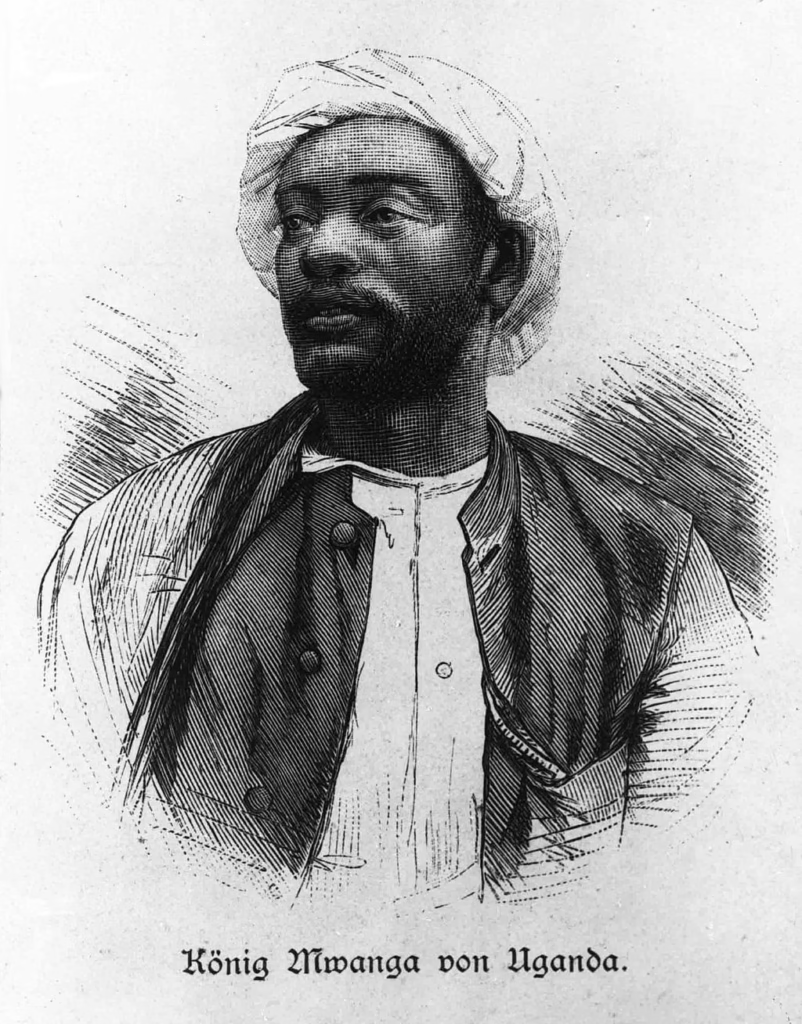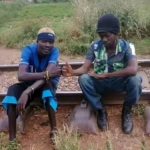Kabaka Mukasa Basammulekkere Amazzinebanywa Kirevuntende Daniel Mwanga II’s legacy is indeed complex and multifaceted. While he’s often remembered for ordering the execution of the Uganda Martyrs, it’s essential to consider the context and the challenges he faced during his reign.
Mwanga II ascended to the throne at just 16 years old, following the death of his father, Muteesa I. He was thrust into a world of growing European influence, religious tensions, and power struggles within his own kingdom. The Arabs warned him about the dangers of working with the Europeans, which added to his paranoia and erratic decision-making.
The martyrs’ behavior, as you described, was indeed arrogant and unruly, which would have been perceived as a significant challenge to Mwanga’s authority. Their responses to his questions, such as “Buuzaabalyawo” and “Mawaggali,” would have been seen as disrespectful and confrontational.
It’s also important to note that Mwanga II was not inherently anti-Christian. In fact, he later converted to Christianity and was baptized as Daniel. However, his initial actions against the Christian converts were motivated by a desire to maintain control and stability within his kingdom.

While it’s true that Mwanga II’s image has been tarnished by historical accounts, it’s essential to approach his legacy with nuance and understanding. He was a product of his time, facing immense pressure from European powers and internal conflicts. By considering multiple perspectives, we can work towards a more balanced understanding of this complex figure.
Kabaka Mwanga II was indeed known for his love of horse riding. As the king of Buganda, he had access to fine horses and enjoyed riding as a recreational activity. Horse riding was also a symbol of power and prestige, reflecting his status as the ruler of the kingdom.



